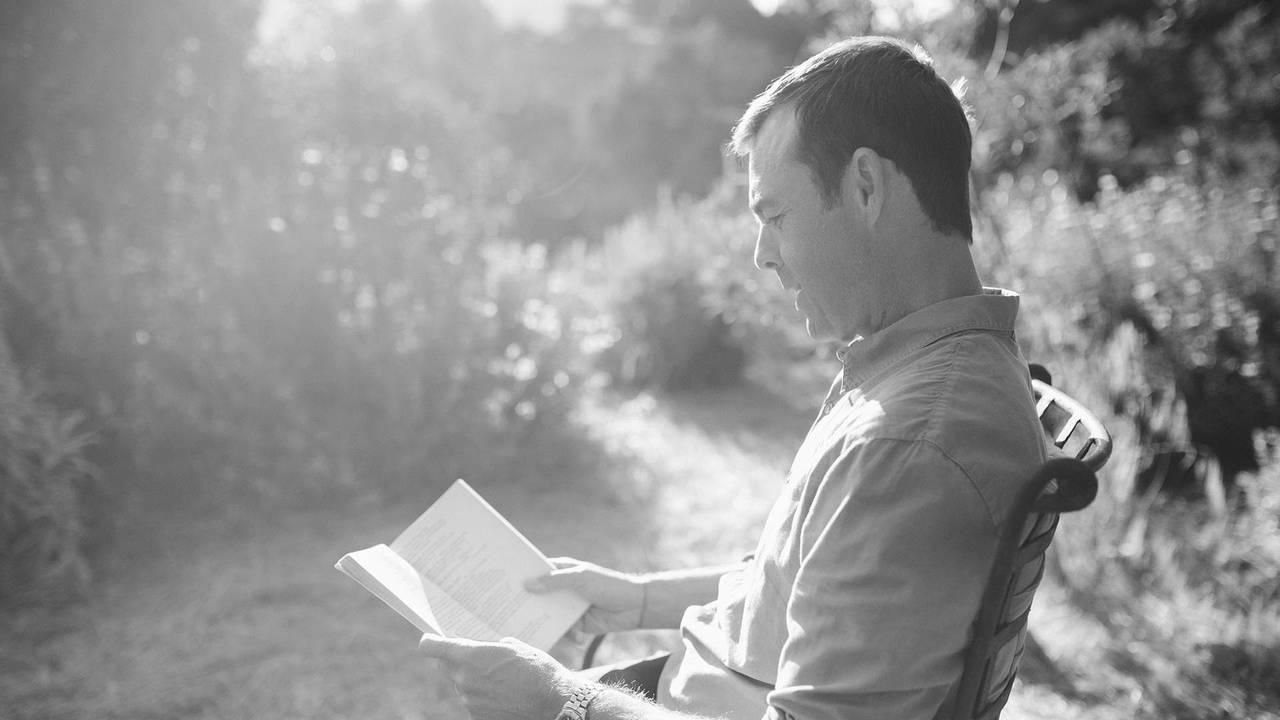The Words That Moved Me
Jun 11, 2020
Or, listen on Spotify
Pull up a chair by our digital fireside as Jeff reads three pieces that influenced him this year — a letter from spiritual teacher Ram Dass, a speech by Robert Kennedy, and a short story from singer-songwriter Portia Nelson. We hope these words move you, too.
Leading teachers, life-changing courses...
Your path to a happier, healthier life
Get access to our library of over 100 courses on health and nutrition, spirituality, creativity, breathwork and meditation, relationships, personal growth, sustainability, social impact and leadership.
Stay connected with Commune
Receive our weekly Commusings newsletter + free course announcements!


